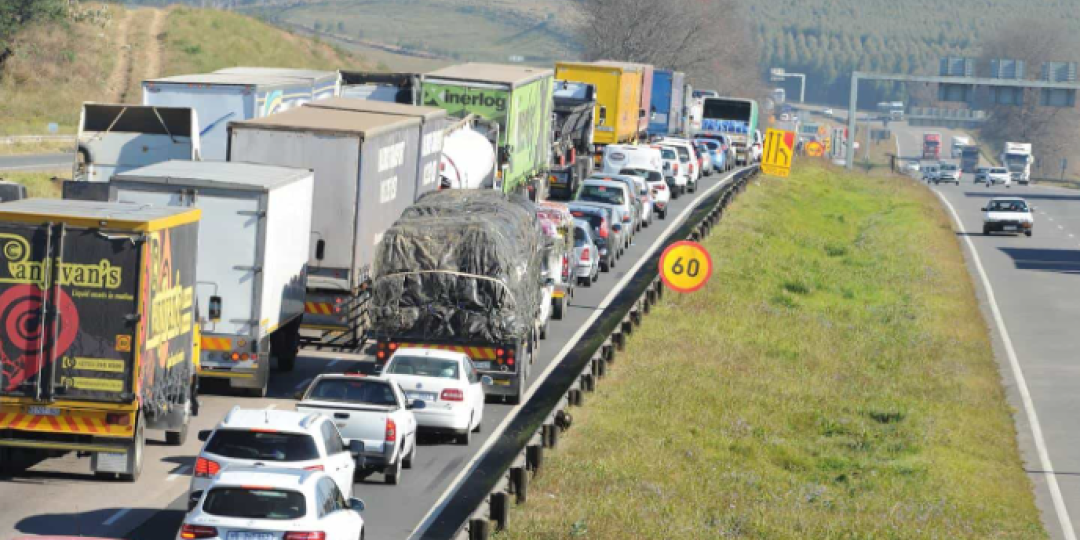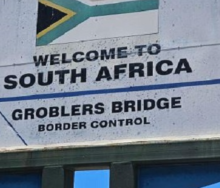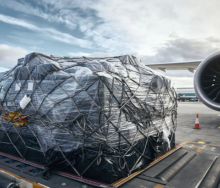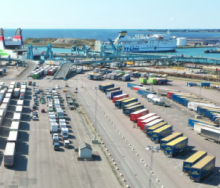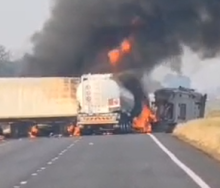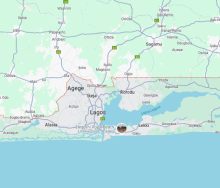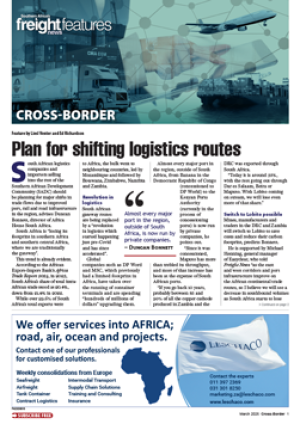An online survey has highlighted a lack of safety systems within the road freight sector’s Small and Medium-sized Enterprises (SMMEs).
The survey, conducted by JC Auditors (JCA) to evaluate safety practices and measures in the industry, uncovered a scenario that reveals a lamentable road safety record.
JCA managing director, Oliver Naidoo, said the survey’s key findings indicate a widespread absence of robust safety protocols that jeopardise the well-being of heavy drivers and public road users.
“It also has a significant economic impact – considering that the last Road Traffic Management Corporation report indicated the cost of crashes to be R142 billion or 3,4% of GDP,” Naidoo said.
The survey conducted with SMME road freight companies from across the country revealed the following alarming trends:
- Poor compliance with regulations: the survey found a concerning lack of compliance with the National Road Traffic Act and other industry standards – 64% of participating companies lacked proper compliance measures.
- Insufficient vehicle maintenance: a striking 68% of SMME road freight companies were found to have inadequate vehicle maintenance programmes. Neglecting proper maintenance increases the risk of mechanical failures, leading to accidents and disruptions in supply chains.
- Safe loading: the survey's most alarming discovery was that 87% of companies did not actively monitor compliance with the legal mass limits outlined in the Road Traffic Act.
- Inadequate safety training: 72% of respondents reported insufficient driver training, which heightens the risk of accidents and undermines the overall safety culture on our roads.
- Driver medical fitness: about 78% of companies indicated that drivers were not assessed for medical fitness annually, and an overwhelming 92% of transport employers were unaware of whether any of their drivers had chronic illnesses.
Naidoo said the survey highlighted the urgency for collaboration among industry stakeholders, regulatory bodies, and government authorities to confront these challenges.
“It provides us with a chance to enhance the safety culture within SMMEs and implement robust systems that foster a safe operating environment.”
Naidoo said the solutions included the development of a robust safety policy covering vital driver behaviour, meticulous vehicle maintenance, proper load-securing techniques, and adherence to relevant safety regulations and standards.
“Comprehensive risk assessments are also needed to identify potential hazards and evaluate the risks across all aspects of operations,” Naidoo added.
“These assessments should encompass a comprehensive analysis of various factors, including routes, loading and unloading procedures, driver fatigue management, and any other elements that could potentially impact safety.”
Additional measures he proposes include enhanced driver selection and training; the implementation of driver monitoring systems, ensuring proper vehicle maintenance; the promotion of a safety culture, continuous improvement; the provision of personal protective equipment and the encouragement of incident reporting and regulations.
“The Road Transport Management System (RTMS) serves as an excellent tool to facilitate the implementation of these measures, promoting both transport safety and business sustainability,” Naidoo said.
JCA will launch the 2023 SMME Road Freight Summit on 30 June, in partnership with Grow SA, to foster discussions to enhance the safety performance of South Africa's SMME road freight transporters.
The company has conducted over 5000 RTMS audits over the past 15 years.
